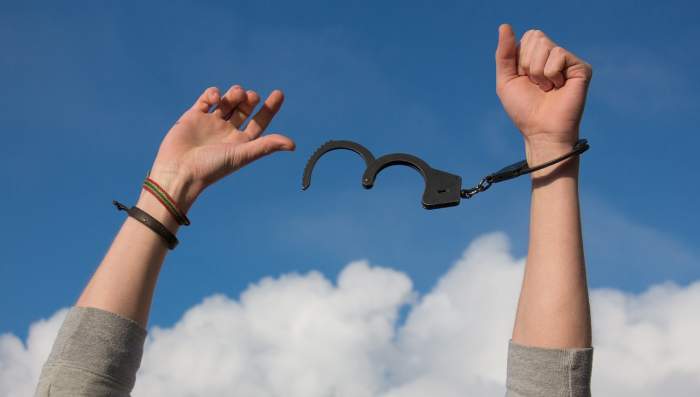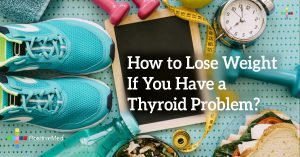Drug addiction is a global problem that has seen resulted in increased focus and scientific research in the niche segment in a bid to find better treatment solutions. Families and individuals who have had to walk through this journey understand the struggle it takes to attain full sobriety. A common concern for people who have taken the road to recovery is the ever-present likelihood of relapsing and the duration it takes to complete an active treatment. Consequently, there have been calls for better treatment techniques and the adoption of long-term measures that will make recovery smoother for patients. However, this has not been easy as there is no magic wand or pill that offers instant and life-long solutions. This has further been complicated with the uniqueness of each addiction, calling for varied approaches to attain the desired results.
Still, at a time when there are lots of cases of opioid overdose in the United States, drug addiction experts and researchers have been up to the task. The drive to seek innovative and effective medications to curb what has fast become a national disaster has resulted in the exploration of new areas of treatment. Research in alternative treatment models that can be embraced instead of traditional methods has shifted the focus of the industry to Western Africa. This is because the rainforest in this region is known for being home to Tabernathe iboga, a shrub whose roots produce ibogaine. The naturally occurring psychoactive alkaloid has, over the decades, proven to be critical for opioid addiction treatment as it plays a critical role in detoxification.
The core of ibogaine treatment
A major concern that arises from most traditional opioid addiction treatment techniques is that they tend to leave patients with intense withdrawal symptoms. As such, despite completing a rehabilitation program, these cravings ultimately get the better of the recovering addict, and they go back to drug use. While the withdrawal symptoms are varied in severity and how they manifest, it is a primary weak point that makes managing the addiction problem more complicated. This is because it is a circle of frustration as one goes through rehabilitation only to relapse and start the journey anew. Overly, it is a struggle that is hard to keep up with and has seen many people give up on the effort to have a drug-free lifestyle.
Fortunately, with the discovery of ibogaine treatment for opioid addiction, there is an increased likelihood of clean living without the burden of withdrawal cravings. Studies on how ibogaine works show that it targets the brain receptors that are responsible for addiction and social behavior. After linking with these receptors, it then causes a fast-acting interruption that ‘resets’ the state of the addict. Described in the simplest terms, the effects of undergoing this treatment for anyone battling addiction is it takes them to a state before the addiction. This happens after the individual battling with addiction is put into a oneirophrenic state where they have dreamlike visions. From this vision stage, the patient then gets to the ‘processing’ stage, where they get to have a deep evaluation of their state from a new vantage point.
The best part is that despite the fast-acting abilities of ibogaine, it does not instantly fade off, leaving the patient with undesired cravings. This is possible because, after the first-pass metabolism by the liver, ibogaine gets converted to noribogaine that sticks in the body for longer. It then acts as a potent serotonin reuptake inhibitor as it has most of the anti-addictive qualities of ibogaine. Consequently, it gives patients sufficient breathing room that they can utilize to develop a healthy lifestyle. It is these first months that are often the most difficult for a recovering addict, but noribogaine makes it easier as it can stay in the body for up to four months.
For individuals considering this line of treatment, ibogaine statistics are highly encouraging and better than most medication. The high success rates of the addiction treatment program are nonetheless limited to where one goes for the therapy. As a psychedelic, ibogaine treatment has to be strictly handled by seasoned professionals who have an in-depth understanding of its capabilities and use. Most importantly, the medication must be offered in a highly regulated environment where the patient is actively monitored.







